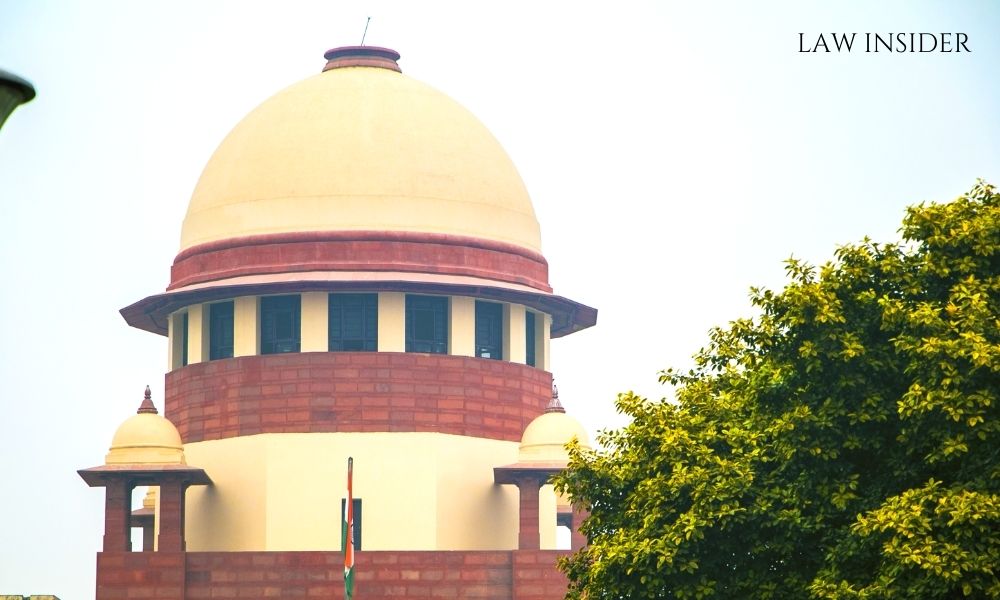LI Network
Published on: 26 August 2023 at 13:00 IST
The Supreme Court, declined to entertain a petition challenging specific sections of the Medical Termination of Pregnancy (MTP) Act, noting that Parliament has enacted provisions in favor of women’s interests.
The bench, led by Chief Justice D Y Chandrachud and comprising Justices J B Pardiwala and Manoj Misra, advised the petitioner’s counsel to approach the high court for redress.
The bench observed, “Go to the high court. Anyway, you are challenging the provisions of the MTP Act on the ground that these protections should not be given to women.”
The petitioner’s representative informed the bench that they were contesting certain sections of the MTP Act, primarily arguing that a registered medical practitioner, typically a trained gynecologist, should not be tasked with evaluating a woman’s mental state for pregnancy termination.
The bench inquired, “What locus do you have? How are you affected?”
The counsel responded that it was a public interest litigation (PIL).
“Public interest litigation? To challenge the provisions of the MTP Act?” the bench questioned, adding, “Parliament has made some provisions in the interests of women…”
The petitioner’s counsel referred to section 3 of the MTP Act, addressing circumstances under which registered medical practitioners can terminate pregnancies.
“You better withdraw it,” the bench advised.
The lawyer then sought the apex court’s permission to file the case in the high court.
“The petitioner seeks to withdraw the petition to enable the petitioner to move the competent high court. The petition is dismissed as withdrawn,” the bench concluded.
In a significant ruling issued in July of the previous year, the Supreme Court had broadened the scope of the MTP Act to encompass unmarried women and granted a 25-year-old woman permission to terminate her 24-week pregnancy stemming from a consensual relationship.
The top court asserted, “A woman’s right to reproductive choice is an inseparable part of her personal liberty under Article 21 of the Constitution and she has a sacrosanct right to bodily integrity.”

